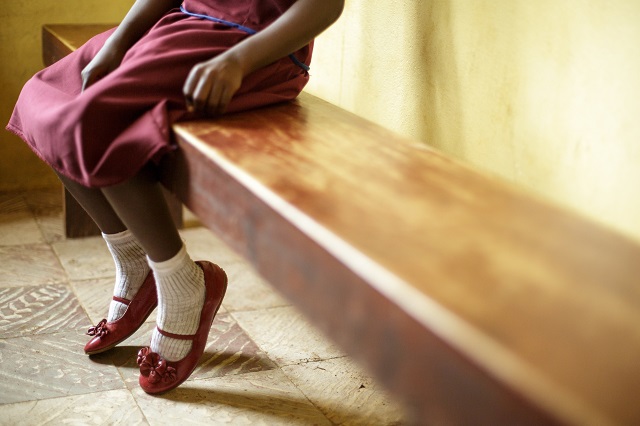
Kampala, Uganda | THE INDEPENDENT | Health workers are not using the guidelines offered by the Ministry of Health and the World Health Organization to dispense care to adolescents. This is according to preliminary findings of a study on the status of youth friendly services in the country.
The Ministry of Health came up with adolescent health policy guidelines and services standards in 2012 spelling out what a health facility should have in place to offer appropriate healthcare and what health workers should be armed with.
In addition to these guidelines, Uganda also adopted adolescent care guidelines by the World Health Organization to enable medical personnel to handle adolescent special needs.
But Winnie Apio, the Programme Officer – Sexual Reproductive Health Rights and Gender at Uganda Youth and Adolescents Health Forum (UYAHF) told Uganda Radio Network this morning, that the health workers, they interacted with especially in Eastern and the Rwenzori region were only using the knowledge attained in school.
The final results of the survey will be ousted in January.
The study involved using these two documents as a checklist of whether facilities are ticking the boxes and have the minimum standards required for youth-friendly services.
Patrick Mwesigye the Director of UYAHF says they found that health workers just gambled while dealing with adolescent special needs. He added that they embarked on a study after previous research they conducted on teenage pregnancies and early marriages in Mbale and Kyegegwa attributed such challenges to the lack of youth-friendly services.
Apio explains that they also found that for all the facilities with such services focus on adolescents was only emphasized at the HIV clinic.
Apio says that having adolescent health services is not just about having separate spaces for them.
However, earlier this year, the the government engaged in a number of discussions to review the relevance of youth friendly corners in health facilities as many tend to close down the moment donors pull out from funding them.
Earlier, Dr Placid Mihayo, a senior Reproductive Health Officer in the Ministry of Health told Uganda Radio Network in an interview that a consultant had been hired to review their relevance and recommended that they are not necessary.
He said that instead, the government was considering more training of health workers in adolescent health such that they can be able to offer holistic care to them putting into consideration their specific needs.
******
URN
 The Independent Uganda: You get the Truth we Pay the Price
The Independent Uganda: You get the Truth we Pay the Price



